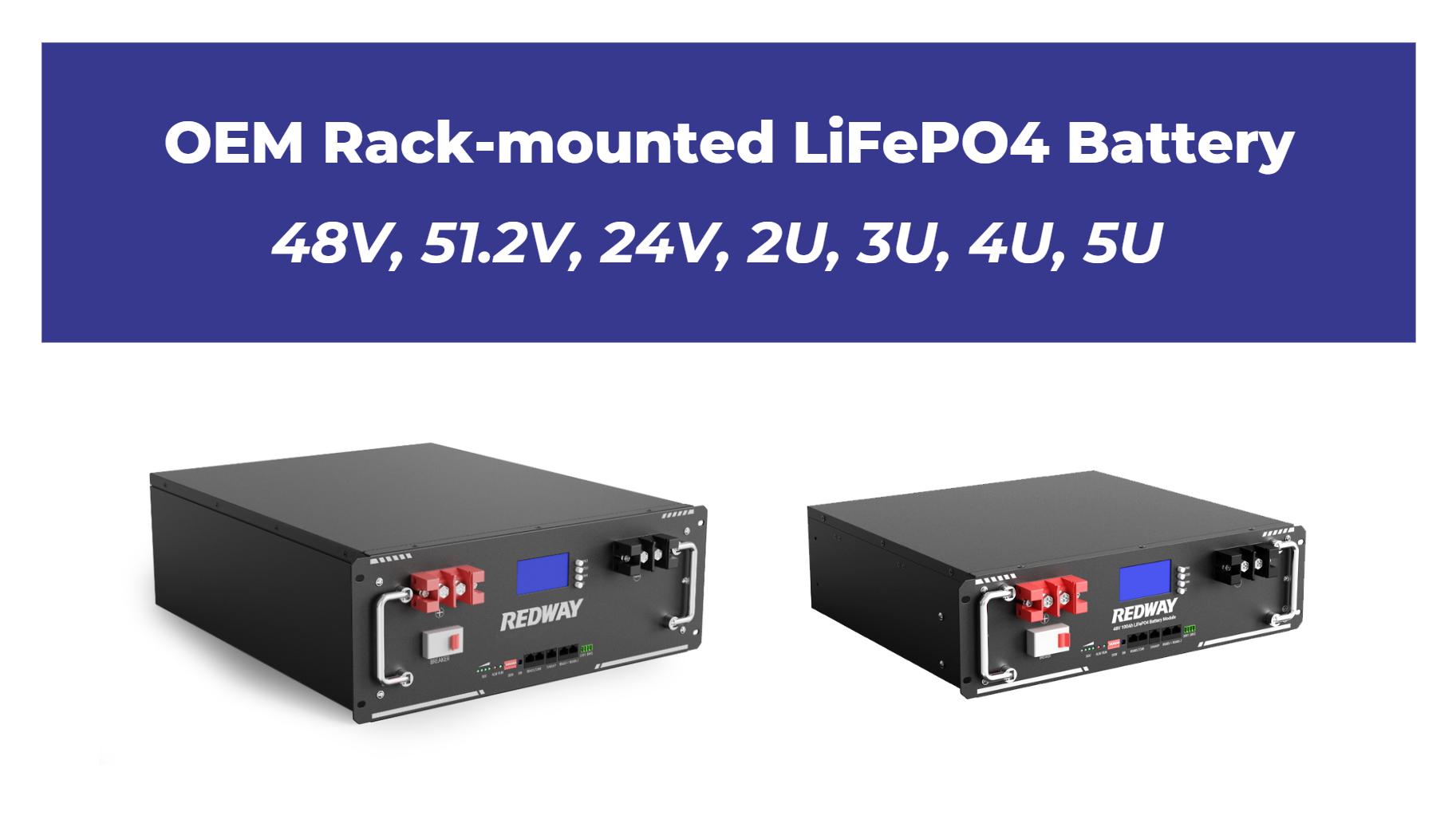
How to Choose the Best Wholesale LiFePO4 Batteries
Choosing the best wholesale LiFePO4 batteries involves understanding their types, benefits, and how to select a reliable supplier. These batteries are known for their efficiency and sustainability, making them a popular choice for various applications. This guide will help you navigate the options available and make informed purchasing decisions.
What types of LiFePO4 batteries are available for wholesale purchase?
Wholesale LiFePO4 batteries are available in three main types: cylindrical, prismatic, and pouch cells. Cylindrical cells are durable and high-power, prismatic cells offer efficient space utilization for high energy density, while pouch cells provide a flexible design suitable for compact applications.
Chart: Types of LiFePO4 Batteries
| Battery Type | Description | Common Applications |
|---|---|---|
| Prismatic Cells | Flat, rectangular design; high energy density | Solar storage, electric vehicles |
| Cylindrical Cells | Round shape; typically lower capacity | E-bikes, power tools |
| Battery Packs | Multiple cells combined; customizable capacity | Backup power, large-scale energy storage |
How do LiFePO4 batteries contribute to sustainability and efficiency?
LiFePO4 batteries enhance sustainability by using non-toxic materials and having a long lifespan, reducing waste. Their high energy efficiency (over 95%) minimizes energy loss during charge and discharge, optimizing renewable energy usage and decreasing reliance on fossil fuels.
Chart: Sustainability Benefits of LiFePO4 Batteries
| Benefit | Description |
|---|---|
| Longer Lifespan | Typically lasts 2000+ cycles |
| Reduced Toxicity | Less harmful materials compared to alternatives |
| Lower Carbon Footprint | Efficient energy use reduces overall emissions |
Why should you consider reliability when selecting a battery supplier?
Reliability is crucial when selecting a battery supplier to ensure consistent product quality, timely delivery, and effective customer support. A dependable supplier helps prevent operational disruptions and ensures that the batteries meet safety and performance standards.
What factors influence the pricing of LiFePO4 batteries?
Pricing of LiFePO4 batteries is influenced by factors such as raw material costs, manufacturing processes, battery capacity, and supplier reputation. Additionally, economies of scale from bulk purchases can lead to lower prices per unit.
The pricing of LiFePO4 batteries can be influenced by several factors including:
- Raw Material Costs: Fluctuations in the prices of lithium and phosphate.
- Manufacturing Processes: Advanced production techniques can increase costs.
- Supplier Reputation: Established suppliers may charge more due to their reliability and quality assurances.
How can you ensure the quality of LiFePO4 batteries from suppliers?
To ensure quality, verify suppliers’ certifications, review their quality control processes, and request product samples for testing. Establishing long-term relationships with reputable manufacturers known for stringent quality assurance can also help guarantee high-quality products.
To ensure quality when purchasing from suppliers, consider the following steps:
- Request Certifications: Look for products that meet international safety standards.
- Check Reviews: Research customer feedback on product performance.
- Inquire About Testing Procedures: Reliable suppliers should have rigorous testing protocols in place.
What applications are best suited for LiFePO4 batteries?
LiFePO4 batteries are ideal for applications such as solar energy storage, electric vehicles, backup power systems, and portable electronics. Their safety, longevity, and efficiency make them suitable for both residential and industrial uses.
LiFePO4 batteries are versatile and suitable for various applications including:
- Renewable Energy Systems: Ideal for storing energy from solar or wind sources.
- Electric Vehicles: Commonly used in electric cars due to their high energy density.
- Backup Power Solutions: Effective for providing emergency power in critical settings like hospitals.
What are the latest trends in the LiFePO4 battery market?
Latest trends in the LiFePO4 battery market include advancements in battery management systems, increased focus on sustainable manufacturing practices, and growing demand for energy storage solutions in renewable energy applications. Innovations in recycling technologies are also becoming prominent.
Recent trends in the LiFePO4 battery market include:
- Growing Demand for Renewable Energy Storage: As more consumers adopt solar power, demand for effective storage solutions increases.
- Technological Advancements: Innovations in battery management systems (BMS) enhance performance and safety.
- Focus on Recycling: Efforts to develop recycling programs for used batteries are gaining traction to promote sustainability.
Industrial News
The demand for LiFePO4 batteries continues to rise due to their efficiency and environmental benefits. Recent reports indicate a significant increase in their adoption across renewable energy sectors as businesses seek sustainable solutions. Additionally, advancements in recycling technologies aim to address waste management concerns associated with battery disposal.
Expert Views
“LiFePO4 technology is revolutionizing energy storage,” says Dr. Emily Carter, an expert in sustainable energy solutions. “Its combination of safety, longevity, and environmental friendliness makes it an ideal choice for both residential and commercial applications as we move towards a greener future.”
How to choose between NMC and LFP lithium batteries?
Choosing between NMC (Nickel-Manganese-Cobalt) and LFP (Lithium Iron Phosphate) batteries depends on your needs. NMC offers higher energy density and lighter weight, suitable for electric vehicles. LFP excels in safety, thermal stability, and longer cycle life, making it ideal for renewable energy storage and applications prioritizing safety over compactness.
In this video, we explore the key differences and advantages of two lithium battery chemistries: NMC (Nickel Manganese Cobalt) and LFP (LiFePO4 – Lithium Iron Phosphate).
Frequently Asked Questions
- What is the lifespan of a typical LiFePO4 battery?
LiFePO4 batteries typically last between 2000 to 5000 charge cycles depending on usage conditions. - Are LiFePO4 batteries safe?
Yes, they have built-in safety features that minimize risks such as thermal runaway. - Can I use a standard charger with my LiFePO4 battery?
No, it’s essential to use a charger specifically designed for LiFePO4 chemistry to ensure optimal performance. - What is the cost range for wholesale LiFePO4 batteries?
Prices can vary widely based on capacity and configuration but generally range from $100 to $1000 per unit depending on specifications.
